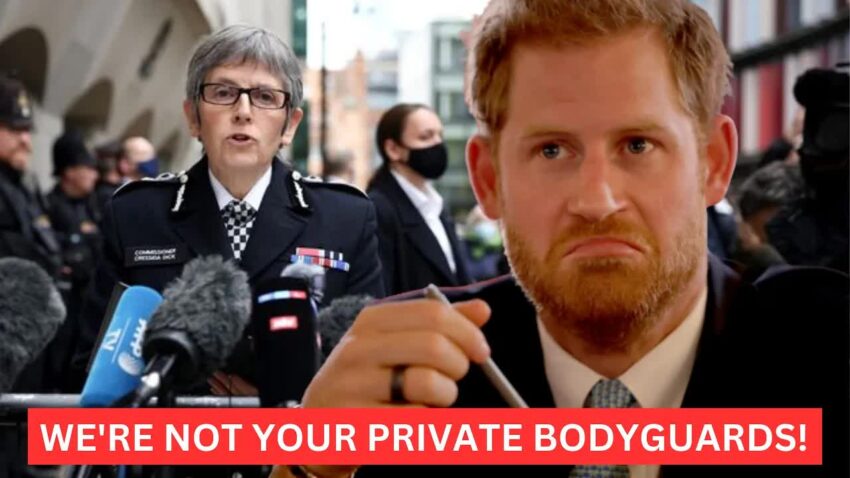Prince Harry’s recent attempts to reinstate his police protection by paying for it himself have stirred up a heated debate.
A police court filing has argued against this move, stating that it could potentially endanger officers.
The Duke of Sussex has taken legal action against the UK Home Office twice in his quest to secure armed Metropolitan Police bodyguards for his visits to Britain.
This protection was withdrawn after his departure from official royal duties, and now Harry is pushing to personally finance the reinstatement.
The decision to strip Harry of his UK security detail was made by a Home Office committee known as Ravec.
However, the police have raised objections to this decision.
During a recent court hearing in London, they presented a list of six reasons why they oppose Harry’s request.
One key argument is that it is unethical for law enforcement to expose officers to risks in exchange for payment from a private individual.
Moreover, allowing a wealthy individual like Harry to fund his own protective security could create an unfair advantage over others who do not have similar resources.
Another concern raised by the police is the potential diversion of security resources from individuals deemed more deserving of protection by Ravec.
Allowing private payment for security services could set a precedent for other affluent individuals to seek similar arrangements.
The police also emphasized that the drawbacks of permitting Harry to pay for his protection outweigh any potential benefits, especially considering that he already receives taxpayer-funded security for certain public royal events.
Despite having his own private security team, Harry’s team is not permitted to carry firearms while in the UK.
This legal battle comes amidst claims by Dai Davis, a former head of Royal Protection, who suggested that Harry faces greater security risks in California than in London due to the high levels of gun violence in Los Angeles.
Davis highlighted the substantial cost incurred for providing royal security during Harry’s visits to the UK for official events.
While Harry initially relocated to Los Angeles with Meghan Markle, they have since moved to Montecito.
Davis emphasized the dangerous nature of living in LA, emphasizing the prevalence of gun-related crimes in the area.
He underscored the significant risks faced by Harry in his chosen place of residence.
The debate surrounding Harry’s pursuit of private police protection has sparked discussions on the implications of such actions on taxpayers and the broader community.
In conclusion, Prince Harry’s efforts to secure private police protection have ignited a contentious debate regarding fairness, security, and financial responsibility.
The clash between personal security needs and public resources raises complex ethical questions.
As the legal battle continues, the implications of allowing individuals to privately fund their protection remain a topic of intense scrutiny and debate.
The ongoing saga sheds light on the intricate dynamics of security arrangements for high-profile figures and the delicate balance between personal safety and societal obligations.
